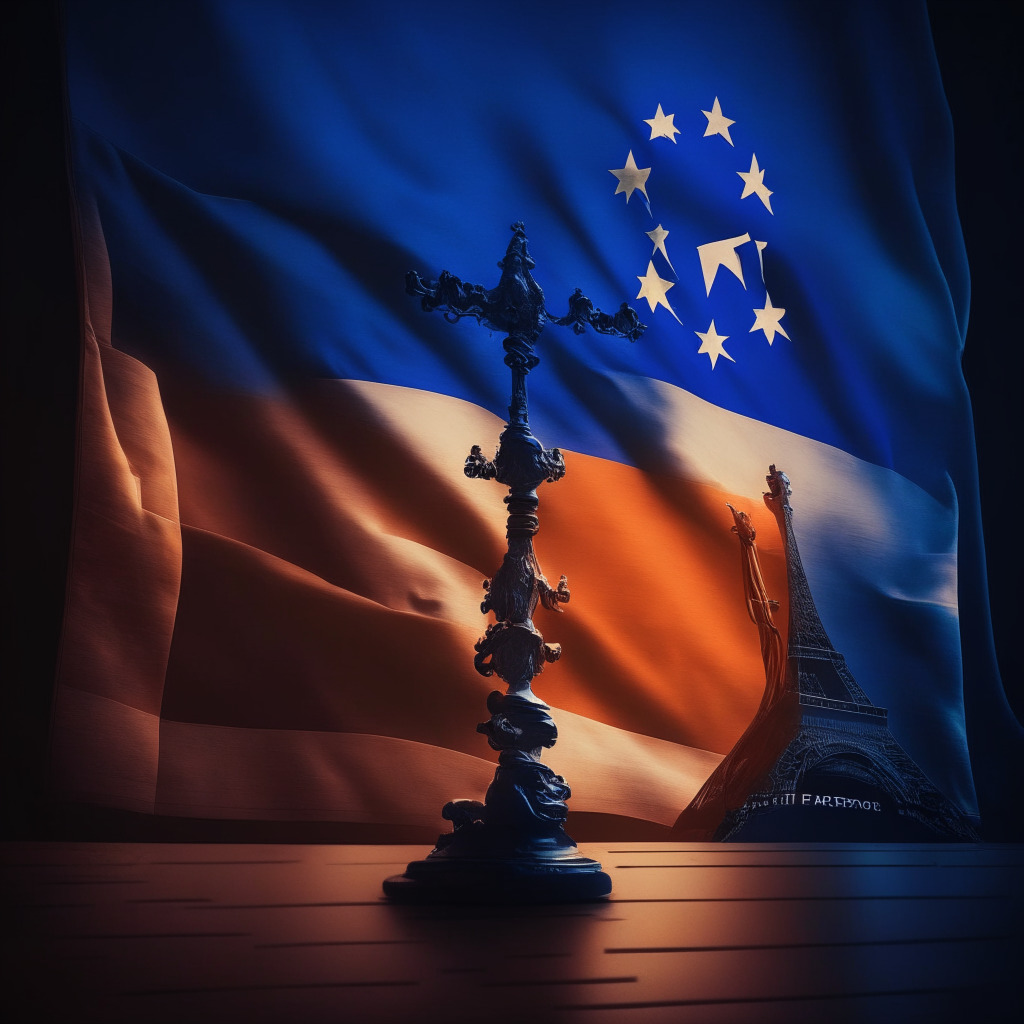Progress can have its drawbacks, as the French stock market regulator, the nongovernmental Autorité des marchés financiers (AMF), has noticed. According to the AMF ombudsman, digital asset-related mediations rose sharply in 2022, as did the number of registered digital asset service providers (DASPs).
In its newly released 2022 annual report, the AMF ombudsman included a section dedicated to digital assets for the first time. It noted that, while the total number of cases received by the ombudsman decreased from 1,964 in 2021 to 1,900 in 2022, mediation requests relating to digital assets rose from 44 to 54, with the number of the number of admissible cases rising from six to 17. At the same time, the number of registered DASPs rose from 28 to 59.
The AMF ombudsman can only mediate cases where the DASP is registered with the AMF or the AMF has provided optional approval in cases such as initial coin offerings. AMF registration is required to provide custody for third parties, buy or sell digital assets for legal tender, trade digital assets for other digital assets or operate a digital assets trading platform in France.
The ombudsman’s report noted that DASP registration requirements will be tightened in July, before being superseded by the European Union’s Markets in Crypto-Assets (MiCA) legislation next year.
On the one hand, the rise in mediation requests could be seen as a positive sign of increased adoption of digital assets and the growth of the industry in France. A larger number of registered DASPs could imply a more diverse and competitive market, potentially benefiting consumers by providing them with more choices and better services.
On the other hand, the uptick in mediation requests might also point to a more concerning trend: a rise in disputes and conflicts within the digital asset space. This could be evidence of an industry that still has a lot of maturing to do, as well as the need for more robust regulation and oversight to ensure security and fairness for all participants in the market.
The upcoming tightening of DASP registration requirements and the eventually implementation of the MiCA legislation will bring about a new era for the French and European digital asset markets. It remains to be seen how these regulatory shifts will impact the industry and whether they will be effective in addressing the key concerns that underlie the recent surge in mediation requests.
In conclusion, while the growth in mediation requests and registered DASPs may indicate progress for the digital asset industry in France, it also highlights the challenges and potential risks that lie ahead. Only time will tell how successful countries like France will be in navigating the complex landscape of digital asset regulation and ensuring a safe and thriving market for all involved.
Source: Cointelegraph




